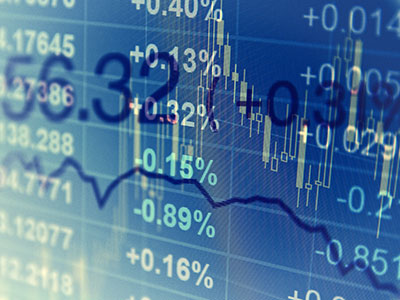The practice of high frequency trading has been a hot-button issue of late, thanks in part to Michael Lewis’ 2014 book Flash Boys: A Wall Street Revolt, which examines the rise of this phenomenon throughout U.S. markets. Several class action lawsuits have alleged that various private and public stock and derivatives exchanges entered into agreements and received undisclosed fees to favor high frequency traders (“HFTs”), conferring timing advantages that damaged other market participants. Two courts have recently addressed the merits of claims for damages against such exchanges and both ruled that plaintiffs failed to state a claim for relief.
Exchanges Prevail in Flash Boys-Inspired Suits



